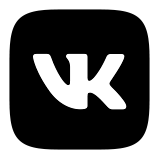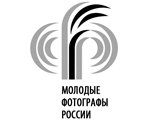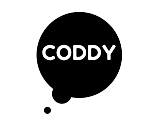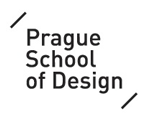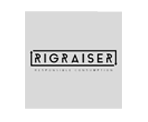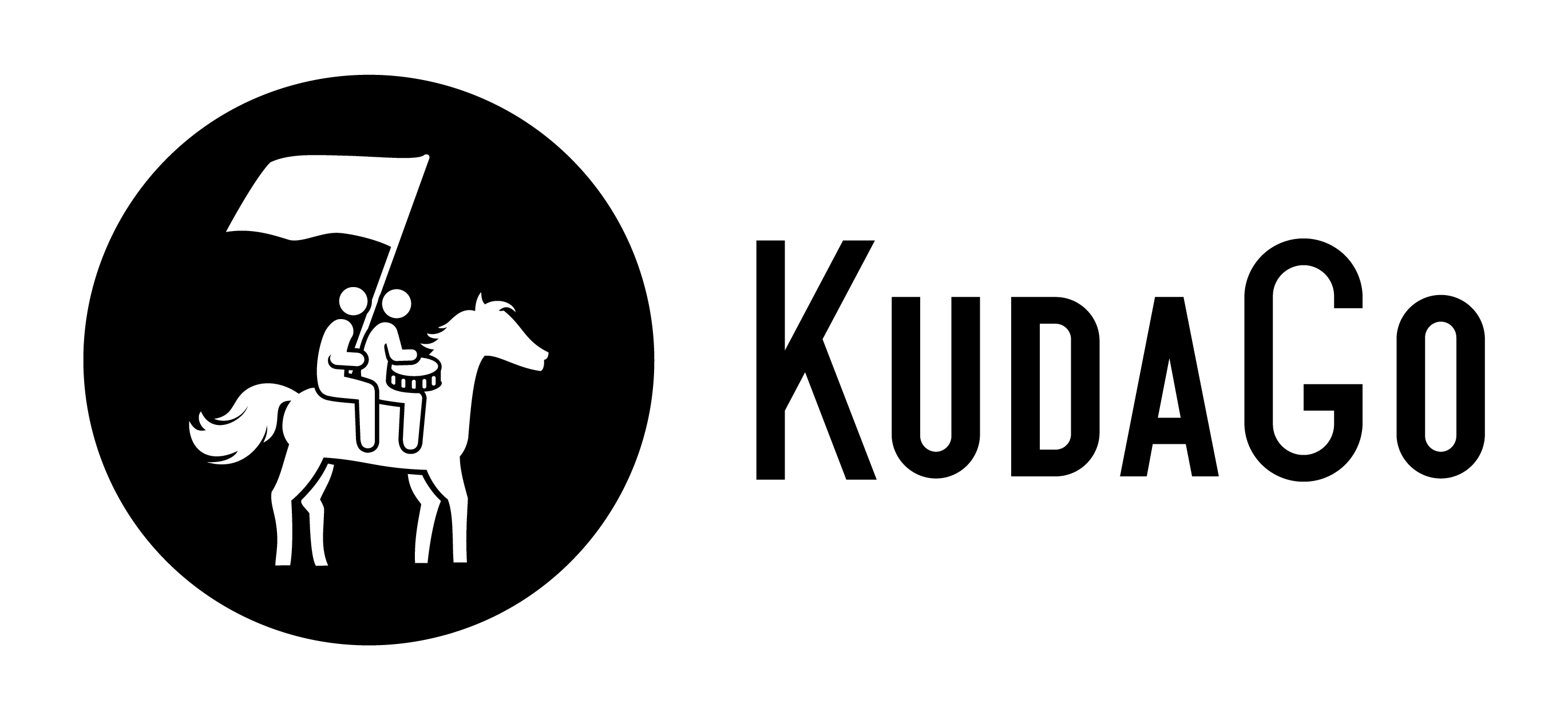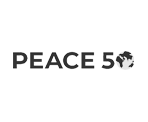
|
Интервью с куратором Вадим Гущин Современный российский художник-фотограф, куратор фестиваля DOCA, куратор факультета фотографии ИГУМО (Институт Гуманитарного Образования). Работает в жанре пост-концептуального натюрморта. На счету художника более 40 персональных выставок, а также более чем 60 интернациональных и российских групповых проектов. Работы находятся в коллекциях ГМИИ им. А.С. Пушкина, Государственного Русского Музея, Московского Музея Современного искусства, Московского Дома фотографии и др. -Что такое DOCA? Фестиваль современного искусства, короткий по времени, но яркий по содержанию и впрямую связанный со студенческим творчеством и учебным процессом нашего института. Другими словами, это смотровая площадка, где студенты наряду с известными мастерами выставляют свои проекты. -Какова основная идея DOCA? Основная идея – представить современное мультимедийное искусство как неотъемлемую часть нашей жизни и попытаться с его помощью найти ответы на самые значимые вопросы, наглядно продемонстрировать студентом значимость художественного творчества и роль художника в современном обществе. - Как создаются проекты для фестиваля? Задается тема фестиваля и проекты должны соответствовать заданной теме. Объявляется opencall и художники присылают свои работы, соотносимые с тематикой. Это могут быть уже готовые проекты, созданные раньше, и сделанные специально для DOCA работы. Задача художника в этом случае - найти визуальный эквивалент поставленной проблематике в абстрактном или фигуративном виде. От него не требуется дать конкретный рецепт или руководство к действию, но он должен предложить некую инаковость взгляда и попытаться раскрыть тему с новой и даже с неожиданной стороны. -В чем особенность работы со студенческими проектами? DOCA — это стимул для работы. Молодые художники чаще всего испытывают проблемы с выставочной площадкой, а у нас есть прекрасная возможность продемонстрировать свои произведения и специалистам, и широкой публике. Студенческие проекты чаще всего требуют корректировки, поэтому как правило они делаются под руководством мастера. Далеко не все созданные студентами проекты проходят кураторский отбор, но сам факт присутствия фестиваля на нашей территории вдохновляет молодых людей проявиться и создать проект на заданную тему. -Какие темы вам как куратору кажутся важными сейчас? Мне кажутся интересными темы, которые имеют непосредственное отношение к человеческой личности, затрагивают взаимоотношения человека и окружающего мира, ставят онтологические вопросы в контексте текущего момента. -Изменился ли язык фотографии сегодня? Язык фотографии был сформирован и сформулирован в тридцатые – сороковые годы прошлого века. С тех пор он практически не менялся очень долгое время и в таком виде дошел до нас. Но в связи с приходом цифровых технологий в фотографию появились, и продолжают появляться, новые возможности работы с фотоизображением и это значительно расширяет возможности цифровой постобработки. То есть с одной стороны язык фотографии стал богаче, но с другой стороны сегодня ставится под сомнение документальная основа фотографии, то что является краеугольным камнем фотоискусства и фотоязыка. -Насколько актуальны фотопроекты в эпоху мультимедиа? Фотография является весьма востребованным медиа, без участия фотографических проектов немыслим ни один серьезный фестиваль современного искусства. -Для кого делается DOCA? Фестиваль делается для студентов в первую очередь. Студенты знают, что они учатся в творческом вузе. И это факт, а не фигура речи. DOCA дает возможность подвести итоги года по творческим дисциплинам. Для художников, которые присылают свои проекты для участия в программе, фестиваль, это замечательная возможность выставиться. Для зрителей это два дня насыщенной художественной, образовательной и музыкальной жизни. Пресс-секретарь DOCA Баранова Ольга |
Interview with Curator Vadim Gushchin Contemporary Russian artist and photographer, curator of the Days of Contemporary Art (DOCA) festival, curator of the Faculty of Photography at the Institute for the Humanities and Information Technologies (IGUMO). He works in the genre of post-conceptual still life. The artist has had more than 40 solo exhibitions and upwards of 60 international and Russian group projects. His works are included in the collections of the Pushkin State Museum of Fine Arts, the State Russian Museum, the Moscow Museum of Modern Art, the Moscow House of Photography, etc. – What is DOCA? – DOCA is a contemporary art festival, which is short in terms of time but bright in terms of content. The festival is directly related to the student creative work and educational process at our institute. In other words, it is a platform where students exhibit their projects on equal footing with famous artists. – What is the main idea of DOCA? – The main idea is to present modern multimedia art as an integral part of our life, try to use it to find answers to the most important questions, and to demonstrate the importance of creativity and the role of the artist in modern society to students. – How are the festival’s projects created? – After the topic of the festival is set, the projects must match it. We announce an Open Call and artists send us their works that correspond to the topic. Those can be either finished projects created earlier or works created specially for DOCA. In this case, the artist’s task is to find the visual equivalent of the chosen problem in an abstract or figurative form. He or she doesn’t need to give a specific recipe or guide to action. His or her task is to offer an alternative view and try to reveal the topic from a new and unexpected perspective. – What is the peculiarity of working with student projects? – DOCA is an incentive to work. Young artists usually have problems with the exhibition space. However, we provide them with a great opportunity to show their works to specialists and the general public. Student projects most often need adjustments. That’s why, as a rule, they are made under the supervision of an experienced artist. Not all of the projects created by students pass the curatorial selection. However, the very fact of holding the festival at our institute inspires young people to show their true potential and create a project on a given topic. – What topics seem important to you as a curator right now? – My topics of interest are those directly related to the human personality. They touch upon the relationship between the human being and the world around us and pose ontological questions in the context of the current moment. – Has the language of photography changed today? – The language of photography was formed and formulated in the 1930s-1940s. Since then, it almost hasn’t changed for a very long time and reached us in the same way. However, with the advent of digital technology in photography, new opportunities of working with photographic images have appeared and are still appearing. That expands the opportunities of digital post-processing greatly. On the one hand, the language of photography has become richer. On the other hand, the documentary basis of photography, which is the backbone of photography and its language, is being questioned today. – How relevant are photo projects in the multimedia age? – Photography is a highly demanded media. One can’t even imagine a serious contemporary art festival without photographic projects. – What is the target audience of DOCA? – In the first turn, this festival is made for students. Thanks to it, students know that they are studying at a creative institute. That is a real fact. DOCA is an opportunity to sum up the year’s results of creative studies at the institute. For the artists who send us their projects for the festival’s programme, DOCA is a wonderful opportunity to exhibit their artworks. For the audience, it’s two days of intense artistic, educational, and musical life. Olga Baranova DOCA Press Secretary Translated by Nikolay Gavrilov |
 2021
2021
